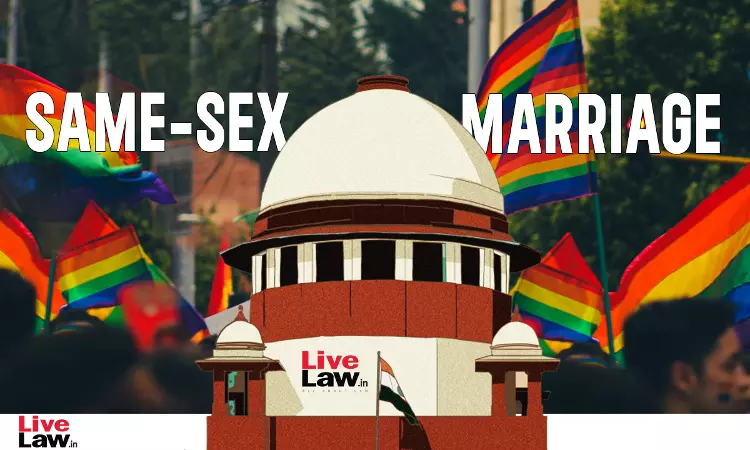The Constitution bench comprising Chief Justice of India DY Chandrachud, Justice Sanjay Kishan Kaul, Justice S Ravindra Bhat, Justice Hima Kohli and Justice PS Narasimha today reserved its judgement in the petitions seeking for marriage equality for queer persons in India. This article details rejoinder submissions made by counsels for petitions. Other rejoinder submissions can be found...

